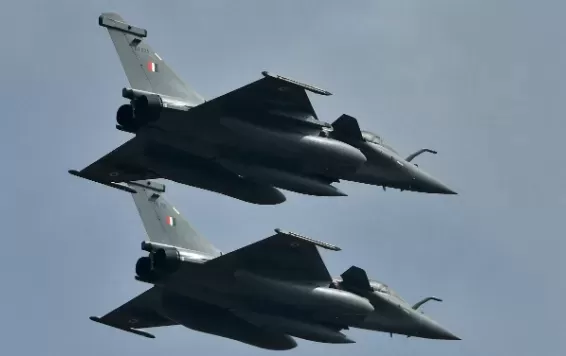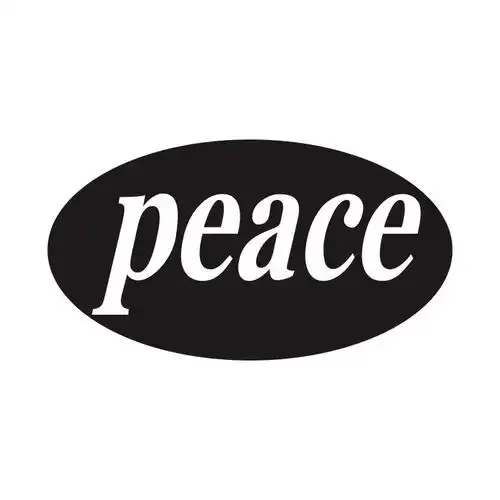The global economy stands at a precarious crossroads, marked by geopolitical challenges, including the Israel-Gaza conflict, poised to influence economic progress, as stated by the President of the World Bank, Ajay Banga. Speaking at the Future Investment Initiative in Riyadh, he stressed the imperative need for "peace and stability" while underscoring the growing schism between emerging and developed economies.
The Israel-Gaza war, now a significant humanitarian crisis, has injected further uncertainty into the global economy, already grappling with persistent inflation and soaring borrowing costs. Since the outbreak of the conflict on October 7, Brent crude, the benchmark for two-thirds of the world's oil supply, has surged by nearly 7 percent.
Mr. Banga advised against fixating on a single risk, cautioning that risks are dynamic and multifaceted. He noted that interest rates may remain elevated for an extended period, with the US 10-year Treasury Yield briefly surpassing 5 percent recently, an unprecedented occurrence. Additionally, the duration until the next pandemic remains uncertain, making risk quantification a challenging endeavor.
The International Monetary Fund (IMF) recently retained its projection for global economic growth in the current year at 3 percent, which is slower than the 3.5 percent expansion recorded in 2022 and falls below historical growth averages. For 2024, the IMF anticipates a 2.9 percent increase in global gross domestic product, a 0.1 percentage point reduction from its previous forecast in July.
Mr. Banga conveyed cautious optimism, acknowledging the world's improved condition despite its challenges. However, he sounded alarms about persistently high debt levels and the sluggish transition to clean energy in emerging markets. The International Renewable Energy Agency underscored that global investments in energy transition technologies must quadruple to $35 trillion by 2030 to align with commitments under the Paris climate agreement.
Investments in renewable energy reached a record $1.3 trillion in the previous year, but it is imperative for this figure to escalate to approximately $5 trillion annually, according to the agency. Mr. Banga emphasized the need for private sector involvement due to a scarcity of government funds or multilateral development bank resources.
Yasir Al Rumayyan, the governor of the Public Investment Fund and chairman of Saudi Aramco, emphasized the pivotal role of innovation and technology as the world contends with slowing economic activity amid rising interest rates. He noted that central banks have tightened monetary policy to combat inflation, resulting in considerable disruptions, the most rapid rate increase since the early 1980s.
Mr. Al Rumayyan highlighted the influence of artificial intelligence on global trade, forecasting its contribution to enhanced growth and productivity even within a high interest rate environment.
Despite mounting geopolitical challenges, threats to the global supply chain, and soaring interest rates impacting the world economy, Saudi Arabia remains well-positioned to attract international investments across various sectors, according to Minister of Investment Khalid Al Falih, who spoke at the FII event.
He asserted that many of these challenges align with Saudi Arabia's strengths. The nation, which was the fastest-growing large economy last year, boasts one of the world's lowest capital costs considering its borrowing risk premium. Stability is paramount for investors, who seek political, economic, and monetary stability when choosing investment destinations.
Mr. Al Falih emphasized Saudi Arabia's long-term investment thesis and the consistent commitment to it. He underscored the contribution of domestic investors to projects that fortify Saudi Arabia's investment appeal. He noted that Saudi Arabia possesses robust developmental banks that can offer loans at very low interest rates, thereby reducing the average cost of capital. Despite the prevailing interest rate challenges, Saudi Arabia offers investors an opportunity that rivals, if not surpasses, many other competing locations.

































